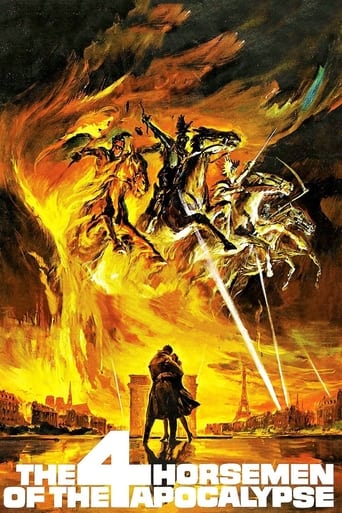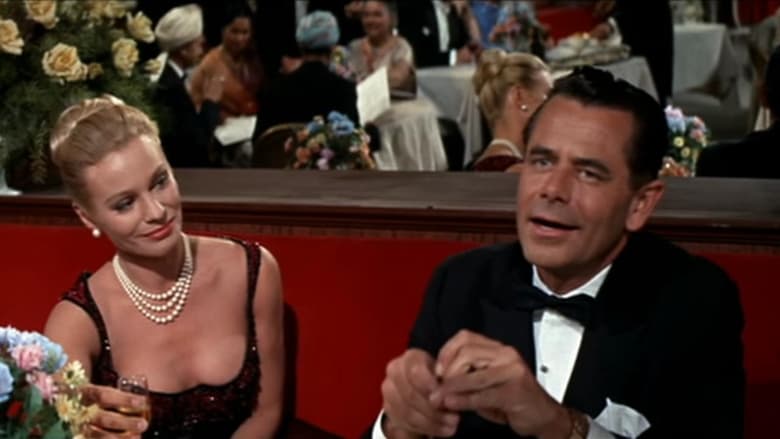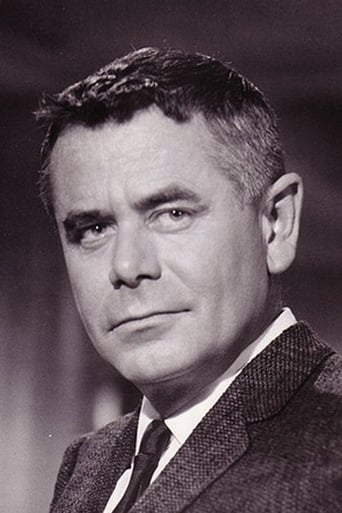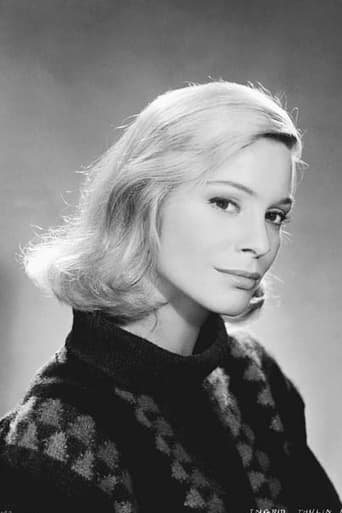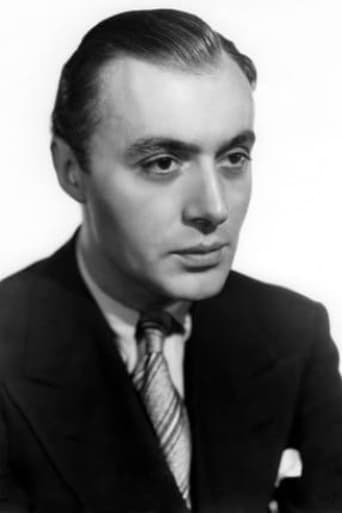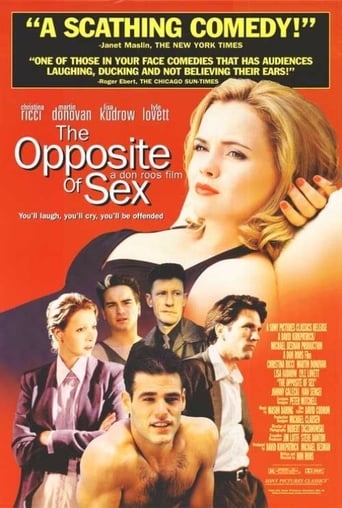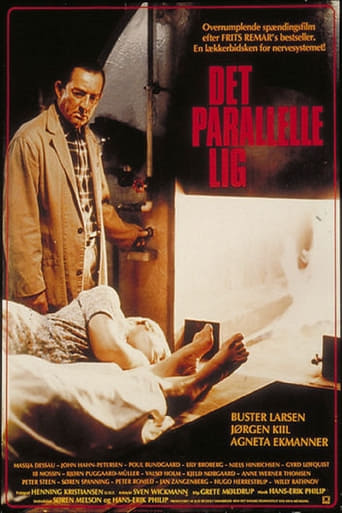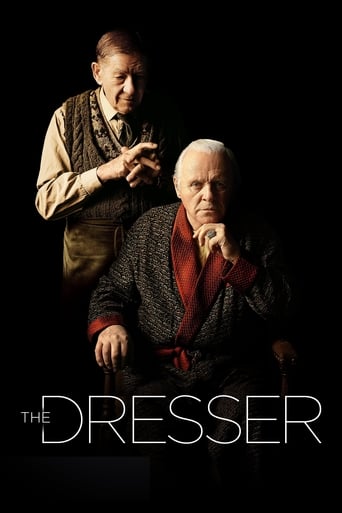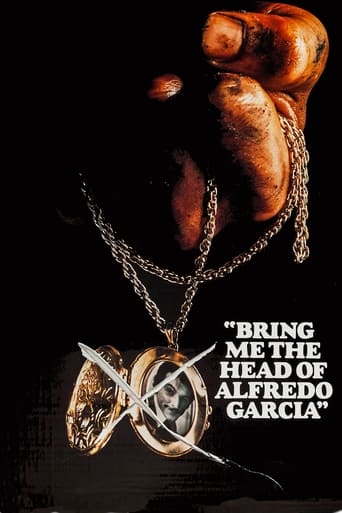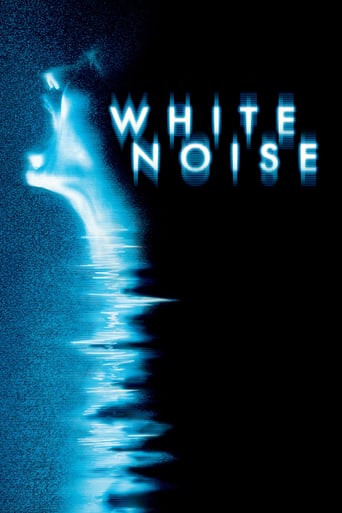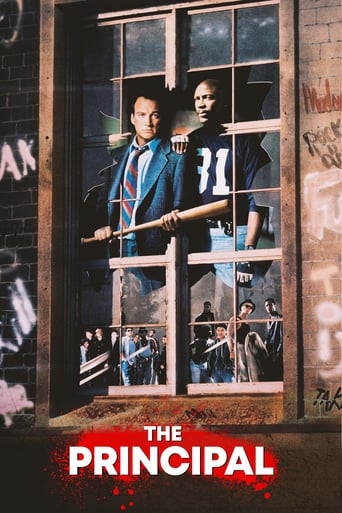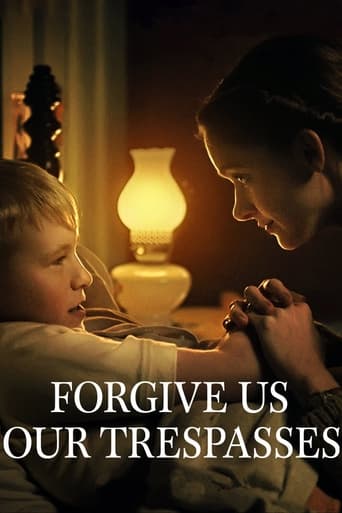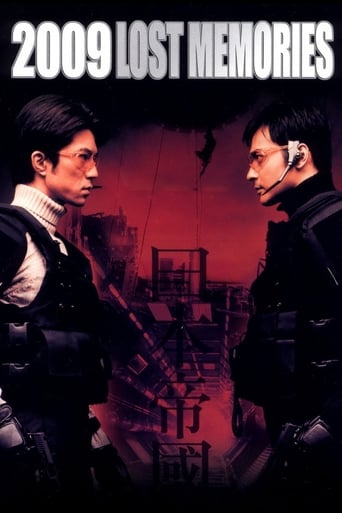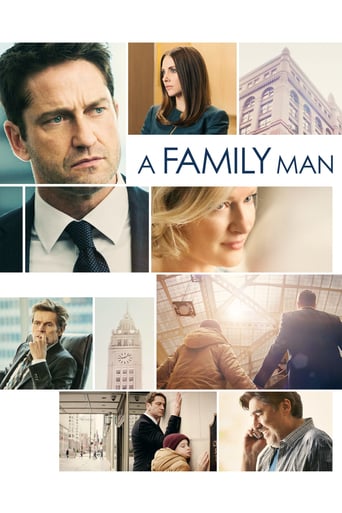The Four Horsemen of the Apocalypse (1962)

Karl from Germany and Marcelo from France emigrated to Argentina and became brothers-in-law. Karl soon returned to Germany to serve in the army. Marcelo and his children Julio and Chichi became Argentinean citizens but later returned to Paris. Karl became a general with a son (Heinrich) in the SS and in WWII he got a high job within the occupation administration in France.
Watch Trailer
Cast


Similar titles
Reviews
I think it is informative to speculate why this film fails and fails badly. It has great production values, sumptuous photography, classy music (a bit smaltzy for current times but spot on for the 1960s), and a professional cast. Lee Cobb roars, as always, and Paul Lukas and Charles Boyer play their usual European gentlemen quite nicely, and Paul Henreid is heroic. It is based on a wildly successful, classic book which led to an equally successful and admired classic silent movie.Okay, so far, but why does the film drag along as a meandering story which seldom engages the viewer? The stars are one possibility. A listless Glenn Ford in an anachronistic hat looks bewildered much of the time, as if he stepped onto the set of a different movie. Ingrid Thulin was somehow out of sync. Her lips and the dubbed English were well coordinated, but her expressions and body language were not quite congruent with her lines. Also, what was that sudden, powerful attraction between them? They both looked too old for it to have been pure hormones.A major problem is the era depicted in this film. The book and silent movie depict the time of the first World War. This purposeless Great War was the result of bumbling leaders who stumbled into a war in which their moronic generals could only slaughter soldiers by the millions. The actual history was not too different from the war in the satire, Duck Soup. No one knew how to either end the war or win it. The book and silent movie tell the story of family members from neutral Argentina who get drawn into this maw of hell. Their fates are roughly parallel to what happened to the world itself during this time. A powerful, moving existential tale.This 1962 film changes the era to the second World War. This was a war which gave much of the world the option of fighting or becoming a slave or being murdered. In this film one part of the family is in conquered France while the other part is in the barbaric Nazi S.S. No decision to fight or remain neutral is really available. No existential crisis. No credible conflict is evident.Thus, the films winds down to a formulaic heroic (and impossible) ending. At some point, it looks like everyone just wants to quit and go home.The film tries to tell a story which is out of sync with the time and situation in which it is located. Its lead players do not mesh with the other performers, nor with each other, and look lost. The film is not very good, but the big problem is that it is bewildering to consider how so much talent can go so terribly wrong.
Apparently the positive comments here are largely by people who've never seen the silent version. Well, the Valentino/Ingram edition shows up on TCM from time to time and there is no comparison.The silent version is poetry, a dream fantasy. This is soap, earthbound, every line of dialog falling to earth with a thud. How come Lana Turner missed this one? The problem is not just that Glenn Ford is too corn-fed. Ingrid Thulin looks trapped and unhappy in every scene, as if she is being hammered from all sides between takes. She and Glenn Ford have zero chemistry, playing whole scenes together without even looking at each other. It's impossible to imagine this as a grand passion on any level.Then we have to believe Yvette Mimieux is a serious political thinker. She scowls, purses her lips and looks like she needs an Alka Seltzer. The older folks do a bit better, but only Charles Boyer and Paul Henried come off well. Paul Lukas looks tired and disoriented, and if you liked Lee J. Cobb as a boozy patriarch in "The Brothers Karamazov," you'll like him here, because it's the same performance.But it's almost sacrilege to use World War II as the background to this decorative exercise. Vicente Minnelli never could direct people, the actors were always on their own, but he'd get great performances out of sets, props, costumes and the color wheel.That's what happens here, with lots of eye candy and some stunningly inept staging. A student riot looks like a dance number minus the jazz, and there's a crucial scene with Paul Lukas trapped behind his desk and Charles Boyer at loose ends in the rest of the room that is as clumsy a piece of film-making as any major director has ever taken responsibility for.The film is too long, too slow, too ham-fisted, too under-energized. And then it runs down. In the last reel, Paul Frees dubs around five different characters and almost gets into an argument with himself. When Armageddon finally arrives, it's a relief.The project was probably doomed from the beginning, but rescue is nowhere in sight, and no one covers himself with glory. Minnelli's characteristic melancholy is contagious, and this viewer regrets a missed opportunity.Find the silent. It's long, but unlike this one, it pays off.
Vincente Minnelli had it right, he wanted Alain Delon for the role of French/Argentine Julio Desnoyers and he would have been perfect in the part. However MGM insisted on an American, but why Glenn Ford. Back in the late forties he was laughable in the part of Don Jose in The Loves of Carmen with Rita Hayworth. Did anyone at MGM screen that before signing him up for this expensive remake of the silent classic The Four Horseman of the Apocalypse?Whatever else Glenn Ford was and I'm a big fan, he just doesn't cut it as the second Rudolph Valentino. So besides a miscast leading man, they had their troubles with the leading lady as well. Ingrid Thulin was trying to break into the international market as fellow Swedes Greta Garbo and Ingrid Bergman had done before her. Her Swedish accent was way too thick and supposedly she was indecipherable in her scenes. That familiar voice you hear coming from her mouth is that of Angela Lansbury who was dubbed over Thulin's voice. Poor Ingrid still remained a star in Sweden, but never did get any international acclaim.The rest of the cast is made of various continental types playing French and Germans. The plot of Vincente Blasco Ibanez's original novel is updated from World War I to World War II and changes are made to accommodate the different geopolitical situation in the two wars. Best performance in the film is that of Paul Henreid who plays Thulin's husband who while he's off to war and a POW camp, she's fooling around in Paris with Ford.Now you can believe she'd have found Valentino irresistible, but not Glenn Ford.
A film that's always been held in a great deal of affection here in Spain (and not just because it's a Blasco Ibañez story, nor because hearing it dubbed into Spanish relieves us of Angela Lansbury). As far as I'm concerned, and pace the other reviewers, Glenn Ford's utterly convincing portrayal of Julio is by far the best thing about it. So what if he's a bit long in the tooth? a great many real-life playboys are, and his maturity makes the romantic dilemmas posed by the plot all the more poignant. From start to finish he's seriously, dangerously likeable, which he certainly needs to be in order to win the love of a beautiful, intelligent and patriotic Frenchwoman over her heroic Resistance husband. The romance actually convinces, against the odds, and saves a movie that might otherwise easily have been a ghastly flop.After all, what else is there? Andre Previn's music is impressively dramatic but there is a worrying lack of restraint in the score, both in the overblown intro and the pretty but intrusive "love theme" cue, complete with solo violin, which insists on being heard every time the hero and heroine so much as glance at one another. The "four horsemen" vision manages to stay just this side of Monty Python (with the aid of swirling clouds), but doesn't save the opening scenes of the film from lurching full-pelt into overplayed melodrama (the death of the patriarch Madariaga: one too many thunderclaps for a start), and doesn't tie in too well with what was eventually left in from Blasco Ibañez's tale (pestilence? famine? where?). The plot is 100% predictable, and the rest of the acting is competent without being memorable.I must admit, though, I was impressed by the very Minnelli-esque sequence which took Ford's eyes staring at a scene of dancing and frivolity between Nazi officers and collaborationist women, superimposing the two and mixing in newsreel-style war footage; likewise, Henreid's heartstopping portrayal, in one scene, of a man almost broken by torture, emerging from a Gestapo jail; and the finely judged acceleration at the end towards the story's predictable but satisfying climax. Not a film I will want to make a habit of seeing, but would certainly stand a second and maybe even a third viewing.

